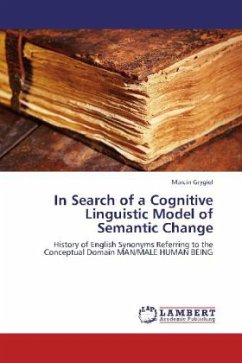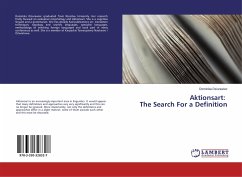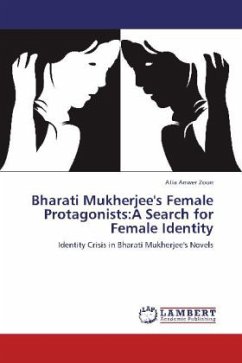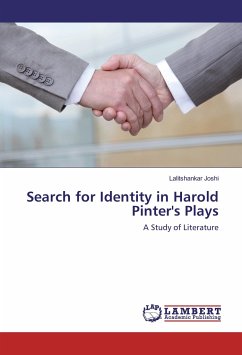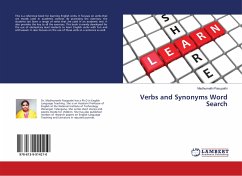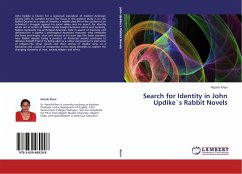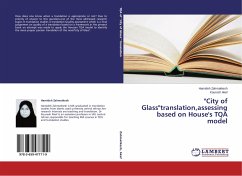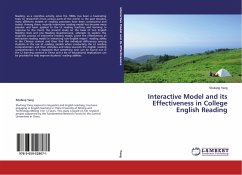Semantic change is a linguistic phenomenon that allows words to mean something different from what they used to. The problem has preoccupied linguists ever since the beginning of the 19th century. At that time many students of language first realised that sense alterations can be no longer treated as corruption or degeneration and tried to bring them into some kind of order and system. Although its golden period is long gone, the study of diachronic changes in meaning has never been abandoned entirely. In my research, I treat semantic change as a natural consequence of the dynamic and creative nature of human cognitive capacities. In the proposed model, semantic change is perceived as an unconscious act of creation resulting from the basic mental mechanism of putting two things together, otherwise referred to as conceptual blending. Paradoxically, language is possible only if it allows a limited number of combinable linguistic forms to cover a very large number of meaningful situations. Constructing cross-domain mappings and putting mental spaces together, we arrive at new meanings that become entrenched and conventionalised in language, leading to semantic change.
